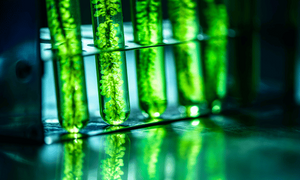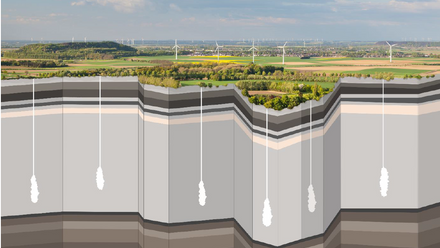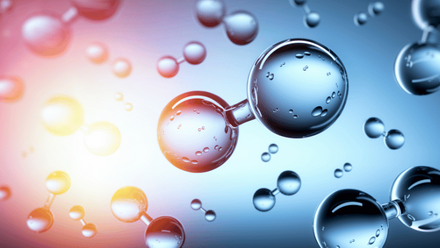Biohydrogen breakthrough: York’s algae-powered research

Researchers at the University of York’s Biorenewables Development Centre (BDC), a not-for-profit organisation, have achieved a UK first in sustainable hydrogen production. They have successfully generated hydrogen at scale from organic waste while simultaneously capturing carbon dioxide.
This work is part of the H2Boost project. It presents a new way to produce clean hydrogen.
Transforming Waste into Energy
Partnering with the University of Leeds, the team began with a six-month feasibility study for the commercial case of biohydrogen, supported by the government’s £1 billion Net Zero Innovation Portfolio. The research focused on evaluating a variety of organic wastes, including household food waste, paper and card, arable crop residues, cattle manures and slurries, poultry wastes, fisheries residues, food manufacturing residues, and forestry waste.
The process uses a method called “dark fermentation,” which digests various materials, similar to anaerobic digestion (AD), but without producing methane. This process involves breaking down pre-treated organic waste to produce biohydrogen while generating additional energy from the by-products. All outputs are captured, with carbon emissions absorbed by cultivated algae and bacteria. As a result, the system is highly efficient, leaving no waste.
A New Era in Clean Hydrogen
Penny Cunningham, Programme Operations Manager at the Biorenewables Development Centre, emphasised the impact of this work, saying: “Successfully demonstrating integrated hydrogen production with carbon capture represents a significant technical breakthrough for the H2Boost project. Our novel approach to producing clean hydrogen from waste while removing CO2 is not only technically feasible but also holds significant promise for large-scale sustainable energy solutions in the future.”
The H2Boost initiative is supported by the Department for Energy Security and Net Zero's Hydrogen BECCS Innovation Programme. Its goal is to find a practical method for producing biohydrogen. This approach will be both sustainable and scalable. Experts think that clean hydrogen solutions could meet 35% of the UK’s energy needs by 2050. They see great potential for cutting emissions in the transport sector.
This project highlights the role of cutting-edge technologies in achieving sustainable energy goals and provides a model for future advancements in low-carbon hydrogen production.
The Biorenewables Development Centre (BDC) created a webinar on the H2Boost project, which you can watch below or on their YouTube Channel. You can also read more here: UK first in ‘clean hydrogen’ production and carbon capture

![hydrogen particles [canva]s](https://www.igem.org.uk/static/d8934dcf-ba26-463f-91c8788b56b9fba0/resourcegridlistingimagedefault_4d12532919c64e60a22baf03232bbf94_4a7c7e45a350/hydrogen-particles-canvas.png)
![Steel [canva]](https://www.igem.org.uk/static/50be7f75-c475-4a0a-9980bc2553030d23/resourcegridlistingimagedefault_4d12532919c64e60a22baf03232bbf94_4a7c7e45a350/Steel-canva.png)

![Mountains [canva]](https://www.igem.org.uk/static/0d138f41-6894-416a-b2ecb49adeb8ba37/resourcegridlistingimagedefault_4d12532919c64e60a22baf03232bbf94_4a7c7e45a350/Mountains-canva.png)

